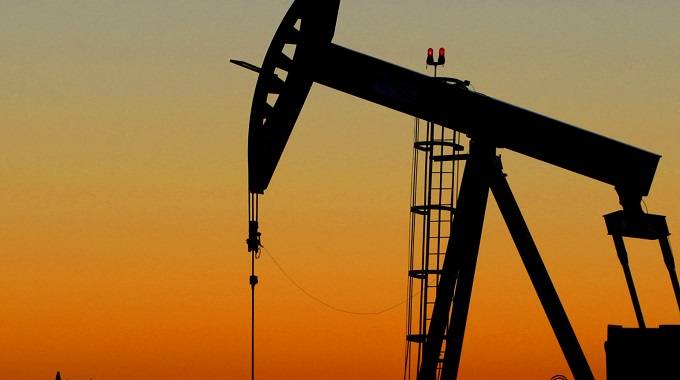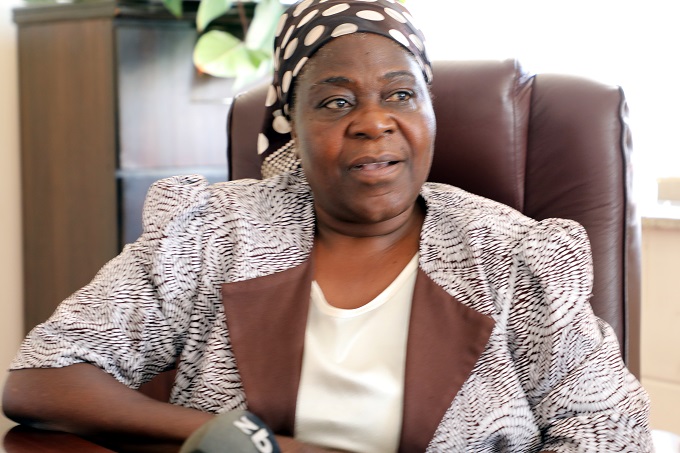EDITORIAL COMMENT: Oil is good news for Zim

Our country has just added yet another mineral to an already impressive portfolio of resources it is endowed with. And that mineral is oil!
An Australian company, Invictus Energy Limited, which already has rights to explore for and develop natural gas condensate in Muzarabani, Mashonaland Central Province, announced on Monday that it had discovered oil in the area as well. The gas resource, for now estimated to be at least one trillion cubic feet, with obvious potential for an upgrade if more is invested in exploration, is huge. Invictus describes the acreage as “the largest, undrilled seismically defined structure onshore Africa.”
Experts were genuinely surprised when the news broke because Mobil, a US oil major spent $30 million exploring the area for oil in the 1990s but relinquished the asset after establishing that it held more natural gas than oil.
This is why, when Invictus secured the asset from Interpose Holdings, another Australian firm in April this year for $500 000, it was announced that it was a gas condensate transaction. But oil was always a possibility, we now realise, because the geological characteristics of the onshore Cabora Bassa Basin that covers Muzarabani are by and large, the same as those where oil was discovered in Uganda’s Albertine Graben and Kenya’s Lokichar Basin which are both on land. Both countries are advanced in their oil development with Kenya starting to export its oil in June and Uganda expecting to start in 2021.
International companies like Invictus don’t shout over small finds. Therefore, when they do, as they did on Monday, you realise that the discovery is substantial.
Invictus Energy said: “Preliminary gravity data reprocessing confirms shallow basement trend associated with Muzarabani anticline and identifies further leads Invictus Energy Limited (“Invictus” or “the Company”), is pleased to announce that the ongoing basin modelling study and geochemical studies confirm the oil potential of the Cabora Bassa Basin.”
Indeed the mineral wealth that our country has is immense. It has at least 4, 8 million ounces of gold, the globe’s second biggest amount of platinum, diamond, coal, coal-bed methane, lithium, graphite, chrome, asbestos and emeralds among others. They say there is uranium somewhere in the Zambezi Valley as well.
We are pleased with the Invictus announcement and cannot wait for more announcements on how the company will proceed in terms of monetising the oil.
Gas and oil development, as in other minerals only takes place when local and international conditions are favourable. Investors look at the local tax and regulatory environments, even the political climate in the short to long term. Also, locally, they look at the economics of extraction of the resource. They consider the current prices of oil and gas on the global market and project where they could be in the future. Only after they are satisfied with these and more factors will they decide to invest.
We appreciate that, but look forward to Invictus moving with speed to extract the oil for its benefit as an investor and that of the country.
President Mnangagwa is working hard to make the local economic and political environment more and more favourable for foreign investment. He is reaching out to the international community and is encouraging locals to invest in their own country. The Government recently amended the Indigenisation and Economic Empowerment Act to encourage more foreign direct investment. Also, authorities have demonstrated a willingness to further improve the ease of doing business. This means that if potential investors note any areas that are still not good enough, they will be attended to as the political will is there.
“New Zimbabwe President Emmerson Mnangagwa has declared that ‘Zimbabwe is open for business.’ Significant new investment activity is underway.
New government has implemented investor friendly economic reforms. Experienced mining industry executive appointed as Minister of Mines,” says the company on its website.
As we always say, the country’s stupendous mineral wealth will make sense to the masses if it is judiciously exploited. The people expect more jobs, greater local beneficiation of the resources and greater social investment by the companies involved.
The billions in revenue to be earned from the resources have to be utilised in a proper way as well.
But before we begin to talk about resource allocation, jobs and so on a body of accurate information on the occurrence of the resources must exist; where they are located, their estimated amounts and value. Armed with this, we will know, as a country, our worth so that when we negotiate with potential investors we know exactly what we have. It is solely through much investment in exploration can this fundamental information be gathered. The challenge, however, is that exploration needs much money to be spent well before the first gas, oil, gold or diamond is mined and sold. Billions are involved.
At this stage and into the foreseeable future, our government does not have and is unlikely to have that kind of money but foreign mining giants have it.
Therefore, for that investment to come, the Government is encouraged to woo those with the capital to explore for resources in our country, one of the least explored places on earth.
President Mnangagwa’s Government will be able to attract finance across the mining value chain which will advance economic development.












Comments